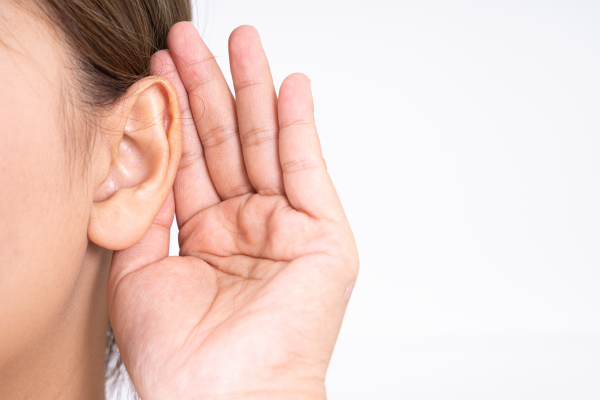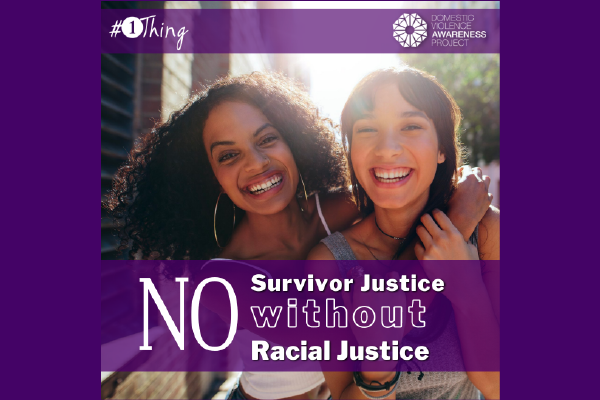Self-compassion might not come naturally for many lawyers at first — but it’s a powerful tool for well-being.
Starting Definitions
Mindfulness:
“The awareness that emerges through paying attention on purpose, in the present moment, and nonjudgmentally to the unfolding of experience moment to moment.” – Jon Kabat-Zinn
“Awareness, of the present moment, with acceptance.” – Chris Germer
“Knowing what you are experiencing, while you’re experiencing it.”
Acceptance:
“Active, nonjudgmental embracing of experience in the here and now.” – Steven Hayes
Empathy:
“An accurate understanding of the [another’s] world as seen from the inside. To sense [another person’s] world as if it were your own.” – Carl Rogers
Loving-Kindness:
“The wish that all sentient beings may be happy.” – Dalai Lama
Compassion:
“The wish that all sentient beings may be free from suffering. “ – Dalai Lama
“Deep awareness of the suffering of oneself and other living beings, coupled with the wish and effort to alleviate it.” – Paul Gilbert
Self-Compassion:
“When we suffer, caring for ourselves as we would care for someone we truly love. Self-compassion includes self-kindness, a sense of common humanity, and mindfulness.” – Kristin Neff
Self-Esteem v. Self-Compassion
Self-esteem can be defined as a global evaluation of self-worth – judging yourself as a good person or a bad person. Self-esteem is not a bad thing; it’s how we get our self-esteem that can be problematic. Self-esteem is often based on comparisons with others (feeling “special and above average”) and tends to be contingent on success.
Self-compassion, however, does not entail evaluations of good or bad, but simply involves relating to yourself kindly, especially when you fail or notice personal shortcomings. This means that self-compassion is always available – it doesn’t desert us when we fail, and it fosters feelings of social connectedness rather than social comparison.
Research shows that compared with self-esteem, self-compassion is less contingent on things like physical attractiveness or successful performances and provides a more stable sense of self-worth over time. Self-compassion is also linked to less social comparison and narcissism than self-esteem (Neff & Vonk, 2009).
Common Misgivings
1. “Self-compassion is a form of self-pity.” Self-compassion remembers that everyone suffers (common humanity) and doesn’t exaggerate the extent of suffering (mindfulness), so is not a “woe is me” attitude. Research shows that self-compassionate people are more likely to engage in perspective-taking rather than focusing on their own distress (Neff & Pommier, 2013). They are also less likely to ruminate on how bad things are (Raes, 2010).
2. “Self-compassion is weak.” Self-compassion is a strength that offers resilience when faced with difficulty. Research shows self-compassionate people are better able to cope with tough situations like divorce (Sbarra, Smith & Mehl, 2012), trauma (Hiraoka et al., 2015), or chronic pain (Wren et al, 2012).
3. “Self-compassion is selfish.” By including oneself in the circle of compassion (a humble agenda!), our sense of separation from others is lessened. Research shows self-compassionate people tend to be more caring and supportive in romantic relationships (Neff & Beretvas, 2013), are more likely to compromise in relationship conflicts (Yarnell & Neff, 2013), and are more compassionate toward others (Neff & Pommier, 2013).
4. “Self-compassion is self-indulgent.” Compassion wants long-term health not short-term pleasure (just like a compassionate parent doesn’t let their child eat all the ice cream they wants, but says “eat your vegetables.”) Research shows self-compassionate people engage in healthier behaviors like exercise (Magnus, Kowalski & McHugh, 2010), eating well (Schoenefeld & Webb, 2013), drinking less (Brooks et al., 2012) and going to the doctor more regularly (Terry et al., 2013).
5. “Self-compassion is a form of making excuses.” Self-compassion provides the safety needed to admit mistakes, rather than needing to blame someone else for them. Research shows that self-compassionate people take greater personal responsibility for their actions (Leary et al., 2007), and are more likely to apologize if they’ve offended someone (Brienes & Chen, 2012).
6. “Self-compassion will undermine motivation.” Most people believe self-criticism is an effective motivator, but it actually undermines self-confidence and leads to fear of failure. Motivation with self-compassion comes from the desire for health and well-being. It provides the emotionally supportive environment needed for change. It can be useful to consider the motivational impact of a harshly critical versus kind and supportive coach to make this point. Research shows that self-compassionate people are no less likely to have high personal standards; they just don’t beat themselves up when they fail (Neff, 2003b). This means they are less afraid of failure (Neff, Hseih, & Dejitthirat, 2007) and are more likely to try again and to persist in their efforts after failing (Breines & Chen, 2012).
It’s important to know it’s normal to have these doubts or concerns; they are common and natural. In addition to the misgivings mentioned above, you may also notice that self-compassion makes you uneasy because you wonder if:
- It will open me too much to the pain in life.
- I will feel pathetic or needy.
- It will cause old hurts to resurface.
- It’s hard to practice.
- I feel I don’t deserve it.
Utilizing these guided meditations will help to experience the benefit of these practices and ease discomfort around not feeling like you deserve self-compassion.
Exercises & Guided Meditations for Self-Compassion
The following resources can help guide you as you begin to practice self-compassion.
3-Step Exercise for Self-Compassion
A simple 3-step process for practicing self-compassion also from Kristin Neff was shared by Brenda Fingold in a recent program offering mindfulness tips for parents in the legal profession:
- Acknowledge that this is suffering. “I want it to be different.”
- Remember common humanity – “So many working working parents are feeling this way! I feel for all of us.”
- Ask: “How can I care for myself in this moment?”
Related:
How Self-Compassion Can Make Us More Confident and Productive at Work (Thrive Global, 2020)
Why Self-Compassion — Not Self-Esteem — Leads to Success (BBC Worklife, 2021)
Free & Confidential Consultations:
Lawyers, law students, and judges in Massachusetts can discuss concerns with a licensed therapist, law practice advisor, or both. Find more on scheduling here.




